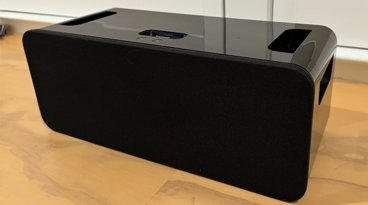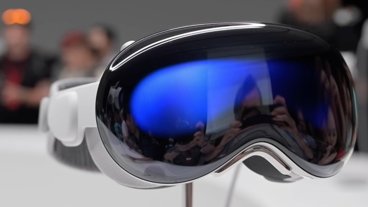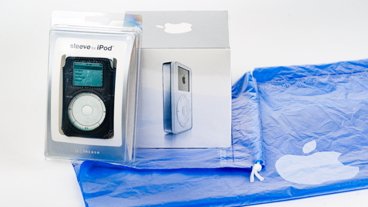Apple seen introducing cheaper, more innovative Wi-Fi iPods
With market data clearly showing a deceleration in growth of the standalone MP3 player market, Apple Inc. will reportedly strive to maintain growth in its iPod business by introducing a range of cheaper, more innovative models that incorporate touch-screens and multi-touch technology.
At the same time, however, the analyst noted that the slowdown is indicative of the broader market, where figures from market research firm NPD show yearly spending in the MP3 player segment to have shriveled from 131 percent in 2005 to just 17 percent in 2007.
That said, Munster remains bullish on Apple's prospects in the market and is currently modeling for iPod growth rates to stabilize at approximately 15 percent through the 2009 calendar year.
"In order to achieve this level of year-over-year iPod growth, we are expecting Apple to introduce cheaper, innovative iPods with Wi-Fi and multi-touch technology," he wrote.
Despite the slowdown in sales, the Piper Jaffray analyst noted that Apple over the last three years has maintained a steady but dominate 70 percent share of the MP3 player market. However, during that time it also managed to grow its dollar share of the segment from 71 percent (2004) to 84 percent (2007). That dollar share swelled even further to 90 percent during the first full month of iPod touch sales, thanks largely to the touch-screen players' high average selling prices (ASPs).
"We believe these numbers imply that, despite a slowdown in growth in the MP3 market, Apple's vision of the iPod lineup becoming a mainstream Wi-Fi mobile platform will have two results," Munster advised clients. "First, it will spur growth in the portable media player market, particularly from the replacement cycle. Second, if Apple is able to lower prices on Wi-Fi connected and possibly touchscreen iPods, it will be able to maintain or grow its leading market share position."
The analyst is therefore confident in the Apple's ability to steer its iPod business towards "mobile computing and Internet-connected portable devices. As such, he believes the iPod touch is just the first of several Internet-connected iPods that will inevitably emerge from the company's Cupertino-based design labs.
"Whereas the iPod classic simply enables users to listen to audio and watch video (with some remedial calendar and contacts applications), we believe that Internet connectivity opens the iPod to an entirely new set of possibilities," he wrote. "For starters, as we have seen with the iPod touch and the iPhone, email, full-featured web browsing, a mobile iTunes Store, YouTube, and Google Maps are all possible on an iPod."
Expanding his notion somewhat, Munster in his note to clients went on to speculate that an Internet-connected iPod could even stream content from users libraries hosted remotely, which would eliminate the capacity issues surrounding locally stored media. It could also leverage wireless e-commerce to upset the status quo.
"If for example you are on your way to Starbucks, you could wirelessly order your drink from your iPod, pay for it using your iTunes account or the attached credit card, and pick it up without ever standing in line or waiting at a cash register," he hypothesized. "These features (and possible features) make the iPod touch more of a mobile computing device than a simple iPod."
"We believe Apple is developing such solutions that will enable the company to deliver lower cost, Wi-Fi connected iPods in the near future," the analyst added. "In turn, this new iPod platform should generate continued growth for the iPod segment of Apple's business."
Munster maintained his Buy rating and extremely bullish $250 price target on shares of the electronics company.
 Katie Marsal
Katie Marsal




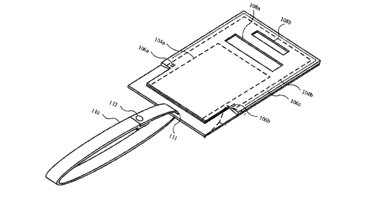






 Malcolm Owen
Malcolm Owen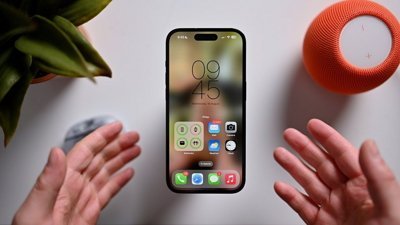
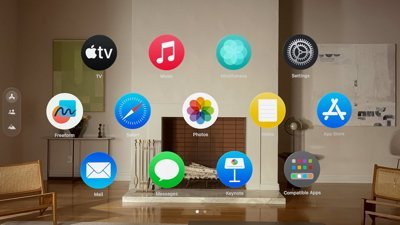

 William Gallagher
William Gallagher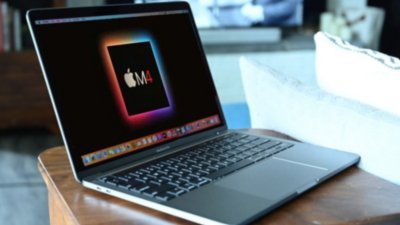

 Christine McKee
Christine McKee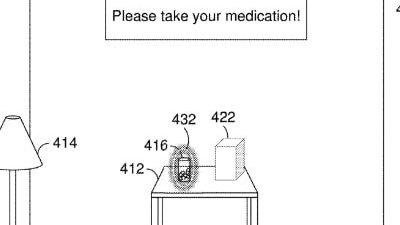
 David Schloss
David Schloss
 Amber Neely
Amber Neely